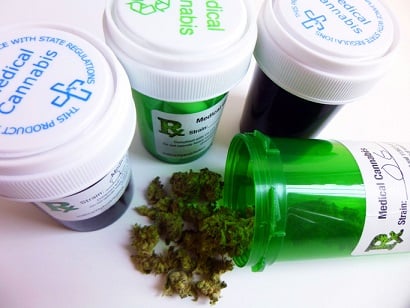As more Canadians are prescribed marijuana, HR professionals are left juggling unusual accommodations, while sometimes brushing up against workers who think they have the right to be stoned on the job.
Employers are increasingly scrutinising whether their staff’s marijuana use is legitimate, but if a worker has a prescription, it’s generally case closed, McMillan employment lawyer George Waggott says.
However, not all workers understand the rules.
“The piece that many have missed is that you can’t just say ‘I actually am a marijuana user’, you need to be prescribed it ... It’s just the same with any other treatment or drug. We’ve seen more scrutiny on that front by employers as a starting point.”
Waggott cautions that an employer has no right to seek a second medical opinion.
“You challenge it at your peril. The employer’s right is really to know what the restrictions are to assess what work they can be assigned or what’s available.
“What they can reasonably say, and are increasingly doing with marijuana, is ‘how will this result in any restrictions on your ability to do your job?’”
But whether workers have a duty to disclose their cannabis use is still not clear, and may depend on the industry or role in which they work.
“We are not at a point, nor do I necessarily think we will be, that an employee will be effectively sanctioned for not advising that they’re a medical marijuana user if they reasonably believe that they’re not impaired or unable to do their job.”
Waggott adds that it’s not just blue collar workers, but employees across all occupations, who are using medical marijuana.
While some may be shifted into desk jobs or other tasks, or change their work hours or break times, HR teams are increasingly having to create novel accommodations, like designated smoking areas so staff can use marijuana while on the job.
Down the track, employers will increasingly look at their options for impairment testing - especially when recreational marijuana is legalised.
In the meantime, Waggott suggests training staff to identify physical signs of impairment - but to not assume that someone is under the influence of drugs.
The legalities of cannabis in the workplace will be discussed at the
Employment Law Masterclass on September 25, 2017.
Related stories:
Substance use “an emerging concern”
Yes, cannabis really does impact work ethic

